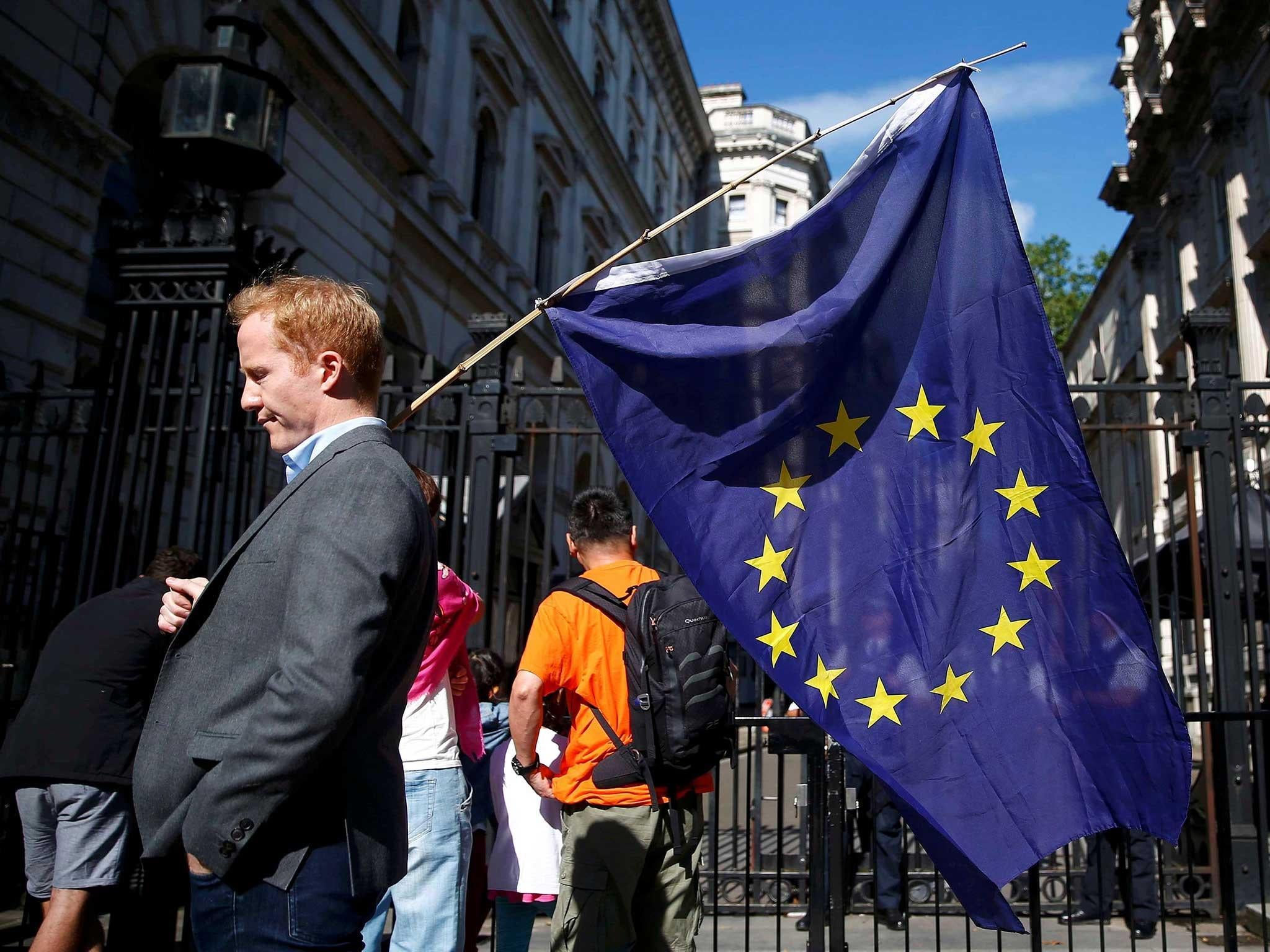EU referendum: UEA academics from different subject areas unite in disappointment at Brexit result
Political communications expert criticises media's behaviour in the lead up to the referendum

After Friday morning’s revelation that Britain’s exit from the European Union is to go ahead, following a 52 per cent victory for the Leave campaign, the Independent has gathered the expert opinion of five academics - from the schools of politics, philosophy, language and communication studies, and economics at the University of East Anglia (UEA) - for their take on the result.
Although from different schools, the academics all have one thing in common: they are united in disappointment at the result. Dr Marina Prentoulis, prominent member of Syriza and spokesperson for radical Remain group, Another Europe is Possible, condemned the conduct of the campaigns.
Speaking to the Independent, she described the Leave campaign as provoking “a wave of xenophobia” through its focus on immigration and failure to address the issues surrounding neoliberalism and austerity. Quizzed on the implications of the decision for higher education, Dr Prentoulis stated that a Brexit will lead to fewer European students in British university classes, and a reduction in highly valuable research collaborations, meaning Britain will now experience difficulty in retaining its spot in Europe’s innovative research centre in the midst of the uncertainty opened up by the vote.

“Knowledge doesn’t understand borders”, she said. “It’s not a good day.” Despite this, however, Dr Prentoulis and her colleagues at Another Europe have said they will not stop working towards a better Europe, creating movements on the ground until progressive forces are at the forefront of both European and British politics.
In a post on UEA’s political blog, political communications expert, Dr Sally Broughton Micova, criticised media behaviour in the lead up to the referendum: “The media failed miserably at providing accurate information, continuously repeating misinformation, and outright lies. Even the broadcasters obliged by impartiality rules and did little to investigate claims or provide explainers, instead simply giving equal time to each side’s claims and unfounded predictions.”
She also analysed the implications of the decision for countries outside the UK. She wrote that the win, “based on a populist campaign that was anti-elite and anti-immigrant” would only give fuel to similar campaigns across Europe, adding: “It is a sad day for the UK, for Europe, and for democracy.”
“I knew a long time ago that Leave was going to win,” said political and social theory expert, Professor Alan Finlayson. “In part because those who are ordinarily disinterested in politics were suddenly motivated to vote.” The evidence was in the unusually high turnout, 72.2 per cent compared to last year’s general election 15-year high turnout of 66.1 per cent.
Professor Finlayson has warned the situation created by Friday’s result is significantly bigger and a lot more uncertain than is being acknowledged, with the gravitas necessary to cause a “profound realignment of political sentiment” that will likely affect the political system. Criticising the campaigns’ rhetoricians for oversimplifying a complex issue and expanding grievance rather than improving understanding, he expressed concern for the future of higher education on issues such as debt and fees which are eclipsed by further EU debate. He also expressed certainty the result would slow the development of the British economy.
International relations lecturer Dr Alexandria Innes highlighted how, despite any sensationalist reporting, it is still too early to evaluate the referendum’s outcome from an immigration-oriented view. She told the Independent that “we must see how negotiations play out over the next few weeks before being able to evaluate the situation with any sense of certainty,” after having written on the erroneous equation of the EEA and Council of Europe with the EU in immigration debates and referendum campaigning.
Dr Innes has, however, speculated that European immigration might slump regardless of legal negotiations due to the contraction of the job market after the fall of the pound, but that more asylum seekers will have to stay in the UK if the Dublin Regulation is lifted.
Earlier this week, Dr Fabio Aricò, of the school of economics, wrote a compelling post about the state of higher education should a Brexit occur. Describing the widely accepted economic risks of fee revenue and research funding decline as only “the tip of the iceberg,” Dr Aricò declared the real Brexit threat to higher education to be a reduction in competition in the academic market, worsening the quality of teaching and research, as well as the loss of diversity in the student population.
Cultural exchange is essential for a holistic educational experience, but Friday’s result will have serious repercussions for that.
Join our commenting forum
Join thought-provoking conversations, follow other Independent readers and see their replies
Comments
Bookmark popover
Removed from bookmarks